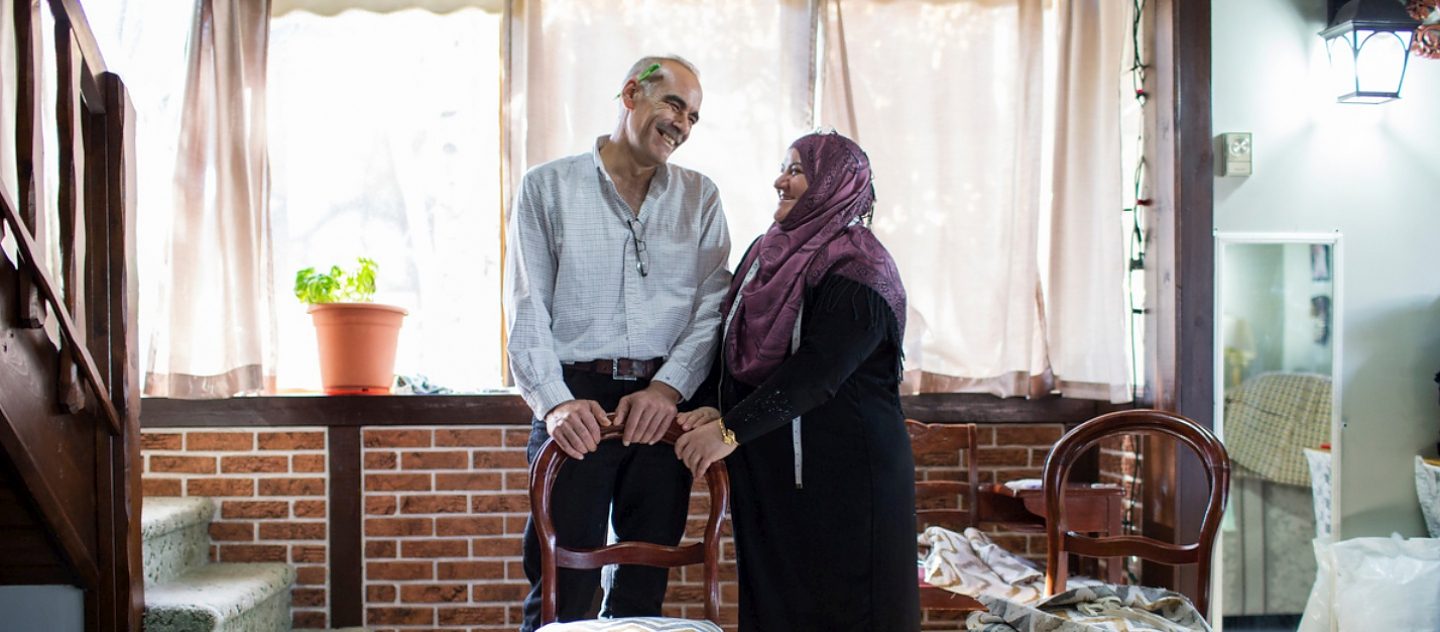Many refugees cannot go home because of continued conflict, wars and persecution. Many face protection risks or have specific needs that cannot be addressed in the country where they have sought protection. In such circumstances, UNHCR helps resettle refugees to a third country.
Resettlement is a protection tool and a solution to meet the specific needs of vulnerable refugees and enables them to move from their country of asylum to another country, where they will receive protection and assistance. Resettlement is a tangible expression of international solidarity and responsibility-sharing to reduce the impact of hosting a large number of refugees on a country’s territory.
Recognition of refugee status does not necessarily mean that a refugee will be referred for resettlement. Resettlement is not a right. It is also not an application-based process. It is only available to a very small number of refugees. This is because very few resettlement places are available each year. They are therefore reserved for the most vulnerable cases, for refugees who face specific risks or have specific needs in their country of asylum and are also without any prospects of a safe return to their country of origin. Less than 1% of all refugees around the world are resettled.
UNHCR Turkey’s resettlement programme is one of the largest globally. In Turkey, UNHCR works in collaboration with Turkey’s Directorate General of Migration Management (DGMM) to identify the most vulnerable cases eligible for resettlement processing. All refugees are processed in accordance with global resettlement criteria and the final decisions with regards to resettlement are taken by receiving countries.

